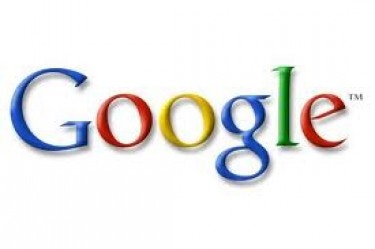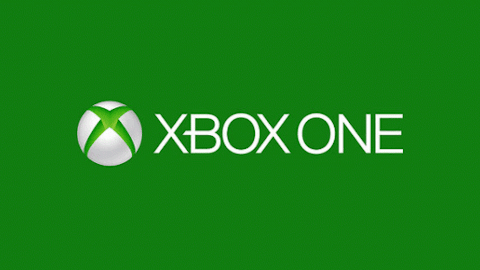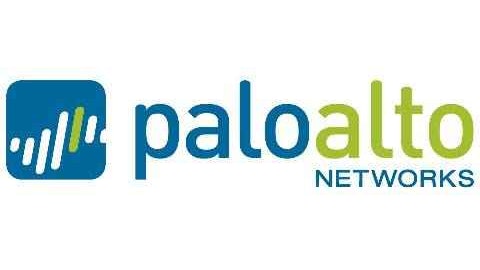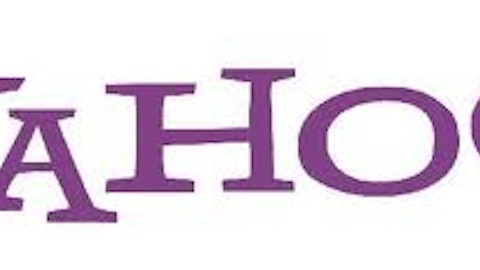The rise of the search engine spawned a whole industry interested in beating the system. Companies spend billions of dollars on “search engine optimization” to improve their rankings on Google Inc (NASDAQ:GOOG). Higher rankings mean more visibility – and hopefully more profits.
Unfortunately for the search engines, not a single penny spent on SEO flows to the top-line. Money spent gaming the system isn’t money that will flow to Google Inc (NASDAQ:GOOG) or Microsoft Corporation (NASDAQ:MSFT)‘s Bing, but it isn’t money lost, either.
Why SEO is great for search engines
Search engines make money by displaying advertisements around the organic search results. Some keywords fetch only a few cents per click; some, like local searches for a lawyer or plumber can cost $20 or more. This is why SEO is so alluring. If a company can rank number 1 in search with a modest investment in SEO, it can avoid high-cost advertising in search results.
Some see this as “lost money” for Google Inc (NASDAQ:GOOG) and Bing, but SEO might just be one of the search engine’s biggest assets.
The first weakness of the argument is that not every company can rank number 1. Not every firm will make it to the front page with SEO. When one company out-optimizes another, the loser may turn to advertising to stay on the front page.
But it goes deeper than that. Thanks to the rise of search engine optimization, Internet marketers around the world optimize their sites for modern search engines. Google Inc (NASDAQ:GOOG)’s Matt Cutts is one of the most watched people on the Internet. His words are taken as gospel, and webmasters make SEO strategy decisions based on his every blog post or Tweet.
Thus, the Internet is essentially sculpted for search. Marketers make the job of the search engine easier by optimizing their pages to fit Google’s algorithms. Over time, the quality of web search only goes up, and the current leader, Google, taps into a lifelong user base. It’s just another facet of the industry that gives Google a wide moat that protects it from competitive threats.
Finally, SEO is the best advertising for Google Inc (NASDAQ:GOOG) and Bing. Businesses that appear in the search results and receive new customers from organic results quickly realize that a bigger search budget might be in their future. If organic results are bringing customers, so too should the inorganic, paid advertising that Google and Bing offer.
Why profits in search are only going higher
One would expect that over time the search engine will lose its critical importance for online shopping as customers find their preferred online store. Rather than Google a product before purchase, shoppers will turn directly to Amazon to read reviews and make a purchase. Google is combating this lost revenue with new “Shopping” ads that reward Google Inc (NASDAQ:GOOG) with ad revenue on every click through.
Local search is a market that is just getting started. Brick and mortar businesses are just now catching on. More competition for search advertising means higher per-click rates. New devices, like mobile phones and tablets, put search at a users’ fingertips, leading to more search volume. That’s a combination that will reward investors for years to come.
Ultimately, the explosion in online search will lead to new SEO practices and higher SEO budgets, but SEO won’t kill paid-for advertising.
If you’re not on the front page of a web search, you don’t exist. The top 10 results may get a free pass, but the hundreds, if not thousands, of businesses ranked lower in the results will have to pay the search engine to get on page 1.
For Google Inc (NASDAQ:GOOG) and Bing, that means big money on in-search advertising.
The article Gaming the Search Engines Is Good for the Web’s Leaders originally appeared on Fool.com and is written by Jordan Wathen.
Jordan Wathen has no position in any stocks mentioned. The Motley Fool recommends Google. The Motley Fool owns shares of Google and Microsoft. Jordan is a member of The Motley Fool Blog Network — entries represent the personal opinion of the blogger and are not formally edited.
Copyright © 1995 – 2013 The Motley Fool, LLC. All rights reserved. The Motley Fool has a disclosure policy.






